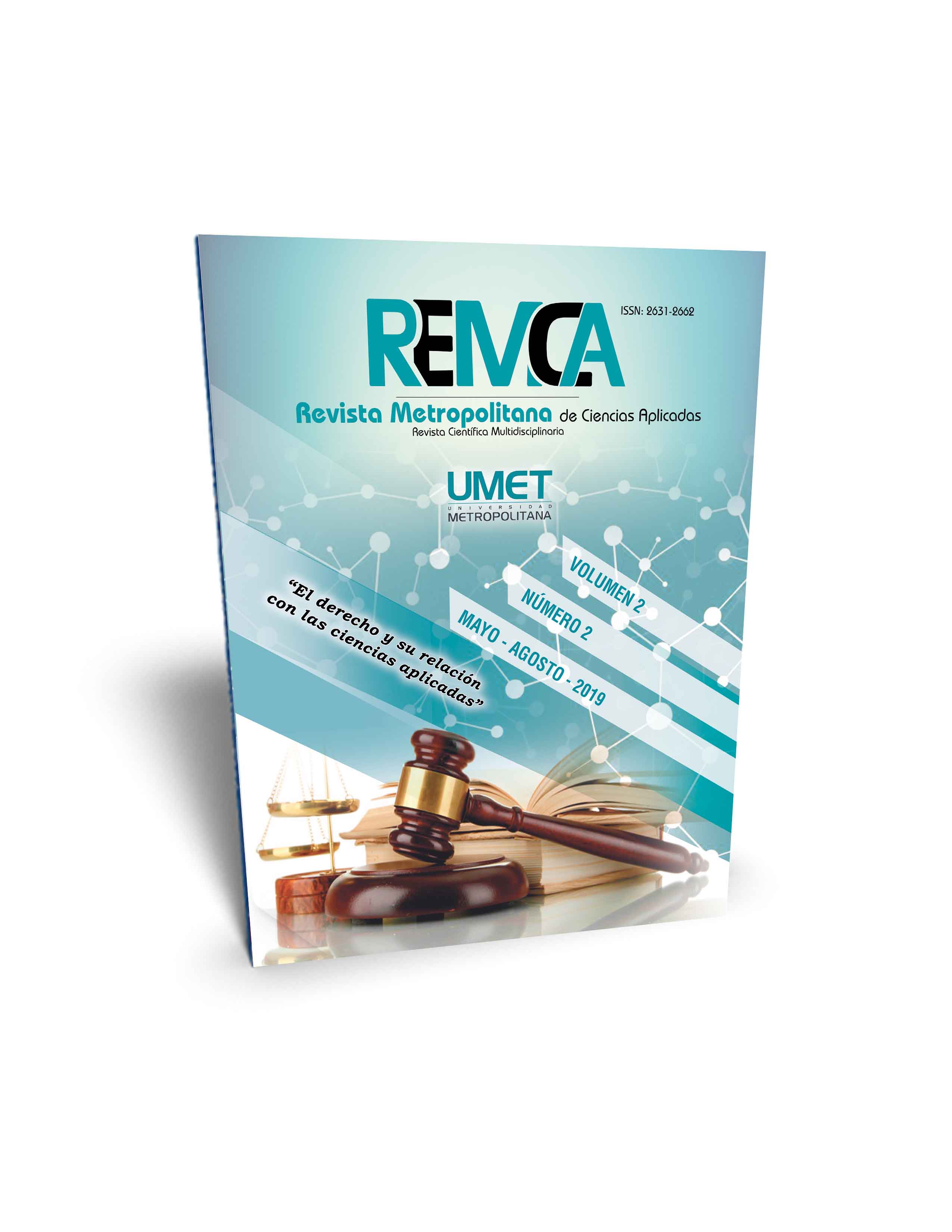Ordoliberalismo, social market economy and perfect competition markets
DOI:
https://doi.org/10.62452/hvt7n878Keywords:
Ordoliberal, Social market economy, Markets, Perfect competitionAbstract
The objective of the present study is to make a theoretical-philosophical analysis about the current of ordoliberal economic thought as an alternative to neoliberalism, and its transition to what is now known as a social market economy, addressing one of the constituent principles formulated by Eucken (1963), as are the open markets and the control of monopolistic forms, carrying out a mathematical argument based on the analysis of the market supply with respect to its scarcity and surplus components, as well as the producer and consumer surpluses in addition to the price of strangling supply and demand. Demonstrating how the morphology of markets that best fits the constituent principle mentioned above are the markets of perfect competition, for which it is necessary that the areas of scarcity and surplus be equal. In addition, the areas of producer and consumer surpluses must be equal before any change in the equilibrium point, product of the displacements of supply and demand curves.
Downloads
References
Barone, E. (1907). Il Ministro della produzione nello Stato Collettivista. Giornali degli economisti, 2, 267-293. Milano: Universitá Bocconi.
Case, K., Fair, R., & Oster, S. (2012). Principios de Microeconomía. México: Pearson.
Enste, D., H. (2006). Soziale Marktwirschaft aus ordnungspolitischer Sicht. München: Roman Herzog Institute.
Eucken, W. (1956). Fundamentos de Política Económica. Madrid: Rialp.
Gregory, P., & Stuart, C. R. (1989). Comparative Economic System. Boston: Houghton Mifflin Company.
Mele, R. (2014). L’ordoliberalismo E Il Liberalismo Austriaco Di Fronte Al Pensiero Giuridico Moderno. Un Contributo Giusfilosofico. Ii-lex. Scienze Giuridiche, Scienze Cognitive e Intelligenza artificiale, 21, 99-145. Recuperado de http://www.i-lex.it/articles/volume9/issue21/mele.pdf
Méndez, P. (2014). Edmund Husserl en el ordoliberalismo alemán. Extrañeza, resonancias y actitudes. Universidad Nacional de Lanús, Argentina. Revista Valenciana, 13, 145-172. Recuperado de http://www.scielo.org.mx/pdf/valencia/v7n13/v7n13a6.pdf
Mises, L. (1983). Bureaucracy. New York: Yale University Press.
Müller-Armack, A. (1963). Economía dirigida y economía de mercado. Madrid: Sociedad de Estudios y Publicaciones.
O´Kean, J. (2008). El funcionamiento del mercado en competencia perfecta. Madrid: Departamento de Publicaciones del IE.
Resico, M. F. (2001). Las concepciones del libre mercado según Wilhelm Rökpe. Boletín de Lecturas Sociales y Económicas 8(35). Recuperado de http://bibliotecadigital.uca.edu.ar/repositorio/investigacion/concepciones-libre-mercado-ropke.pdf.
Resico, M. F. (2012). Introducción a la Economía Social de Mercado Edición latinoamericana. Bonn: Fundación Konrad Adenauer Stiftung.
Rippe, C. (2012). O ordoliberalismo alemão expresso no ideário econômico de Roberto Campos. Revista Historiador, 5(5). Recuperado de : http://www.historialivre.com/revistahistoriado
Samuelson, P., & Nordhaus, W. (2010). Macroeconomía con aplicaciones a Latinoamérica. México: McGraw-Hill.
Van Suntum, U., Böhm, T., Oelgemöller, J., & Ilgmann, C. (2011). Walter Eucken´s Principles of Economic Policy Today. CAWM Discussion Paper, 49. Recuperado de https://www.wiwi.uni-muenster.de/cawm/sites/cawm/files/cawm/download/Diskussionspapiere/cawm_dp49.pdf
Von Hayek, F. A. (2008). El camino a la servidumbre. Madrid: Union Editorial.
Downloads
Published
Issue
Section
License
Copyright (c) 2019 Armando Urdaneta Montiel, Emmanuel Borgucci, Reiner Díaz Monzón (Autor/a)

This work is licensed under a Creative Commons Attribution-NonCommercial-ShareAlike 4.0 International License.
Authors who publish in Revista Metropolitana de Ciencias Aplicadas (REMCA), agree to the following terms:
1. Copyright
Authors retain unrestricted copyright to their work. Authors grant the journal the right of first publication. To this end, they assign the journal non-exclusive exploitation rights (reproduction, distribution, public communication, and transformation). Authors may enter into additional agreements for the non-exclusive distribution of the version of the work published in the journal, provided that acknowledgment of its initial publication in this journal is given.
© The authors.
2. License
The articles are published in the journal under the Creative Commons Attribution-NonCommercial-ShareAlike 4.0 International License (CC BY-NC-SA 4.0). The terms can be found at: https://creativecommons.org/licenses/by-nc-sa/4.0/deed.en
This license allows:
- Sharing: Copying and redistributing the material in any medium or format.
- Adapting: Remixing, transforming, and building upon the material.
Under the following terms:
- Attribution: You must give appropriate credit, provide a link to the license, and indicate if any changes were made. You may do this in any reasonable manner, but not in any way that suggests the licensor endorses or sponsors your use.
- NonCommercial: You may not use the material for commercial purposes.
- ShareAlike: If you remix, transform, or build upon the material, you must distribute your creation under the same license as the original work.
There are no additional restrictions. You may not apply legal terms or technological measures that legally restrict others from doing anything the license permits.




